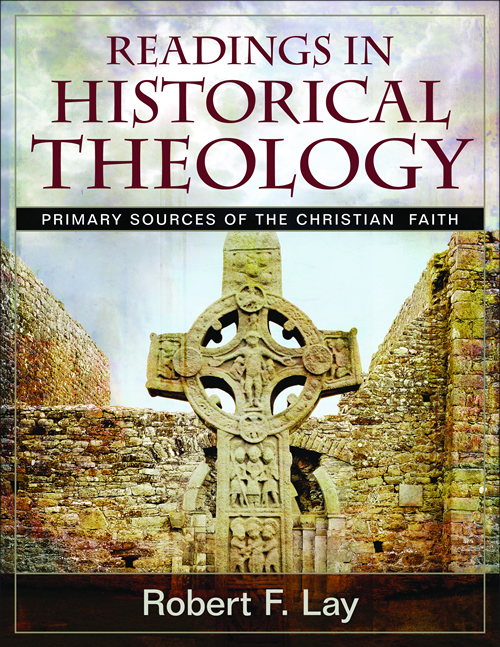Genesis ends with the death of Joseph, but not before he saw his great-grandchildren and had his descendants swear to take his bones from Egypt and bury them in the Promised Land. Worth considering here is that, apparently, some change had occurred in Egypt and the surrounding areas that prohibited Joseph from being buried like Jacob was--directly transported to the land of Canaan (remember, it's not Israel yet) and buried. Exactly what the problem may have been is not certain, but there's something going on here.
That's how Genesis wraps up--from "In the Beginning, God..." to a temporary burial in Egypt. It's a narrowing scope.
Exodus then begins with a reminder of who came down to Egypt. Then the news turns bad. The new Pharaoh does not "know" Joseph. There are a couple of meaning points here. First is the obvious one: Joseph is dead, so the Pharaoh does not know Joseph--he's never met him, like you've never met George Washington or Thomas Jefferson.
But using the same illustration, if you're American, you should "know" Washington and Jefferson, because you should know the heritage they left in this country. You should know the benefits received for what they had done.
The Pharaoh in question does not know Joseph in this way, either, and that is what makes him dangerous. He has power over the lives of those in his land, and he sees this group of Israelites who have maintained their separate culture, kept their identity, and because of those differences he sees them as a threat. He does so with complete disregard for the centuries the Israelites have lived in Egypt and not been problems...
He then sets out to destroy the Hebrews (used as the broader term for the descendants of Jacob here) through infanticide. Well, first he tries forced labor, then goes on to infanticide. As a side note, while one must be careful arguing through slippery slope claims, history (including this history) bears it out more often than not. First it's one thing, then a worse thing--here it's forced labor, then more forced labor, then it's infanticide, and then it's throwing babies into the Nile River.
Had Pharaoh simply decided at the outset to throw the Hebrews out of his country, the outcome would have been better.
A few other notes here: we have no name for Pharaoh, but we do for the midwives. It's probable that Shiphrah and Puah were the top midwives, because two midwives wouldn't be enough for the population. Or, the direct efforts of Pharaoh were aimed at Hebrew leadership and these were the midwives to the nobility, such as it was.
All told, there's a lesson here about judging people's value--midwives, foreigners, Hebrews, etc., and it's this: rather than being afraid of who they are, pay attention to who they are and what they do. Live and let live, as much as possible. Please note, though, as you look at 'policy' in light of this, that the Hebrews had no intention to overthrow Egypt or go on murderous rampages within it.
The Hebrews don't start trouble, the Egyptians do. The Hebrews finish it, though.
 While this is a somewhat older book (for Internet reviews), the content is fairly stable. It was a gift from Kregel Academic back in January. I’m running behind on book reviews.
While this is a somewhat older book (for Internet reviews), the content is fairly stable. It was a gift from Kregel Academic back in January. I’m running behind on book reviews.